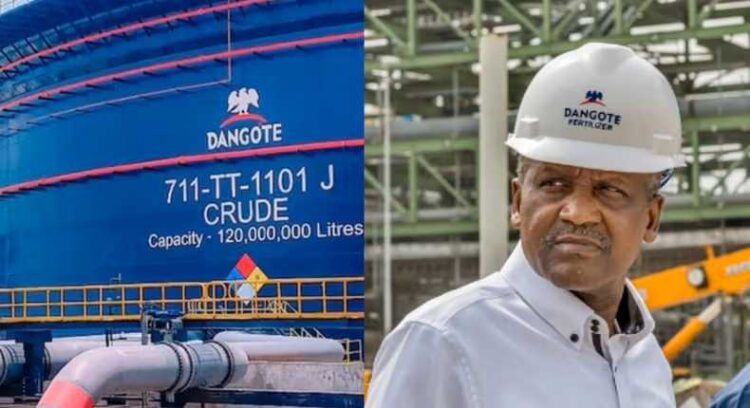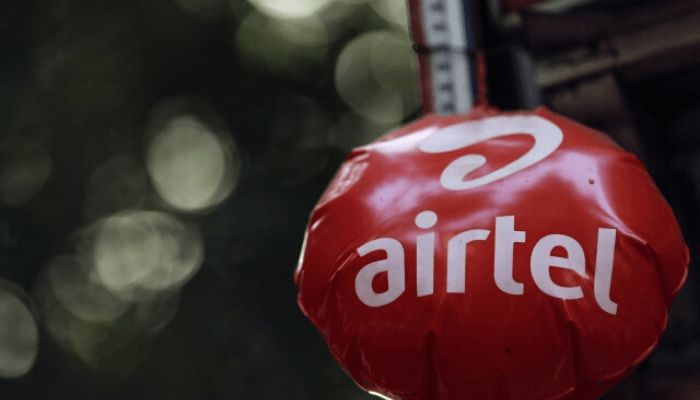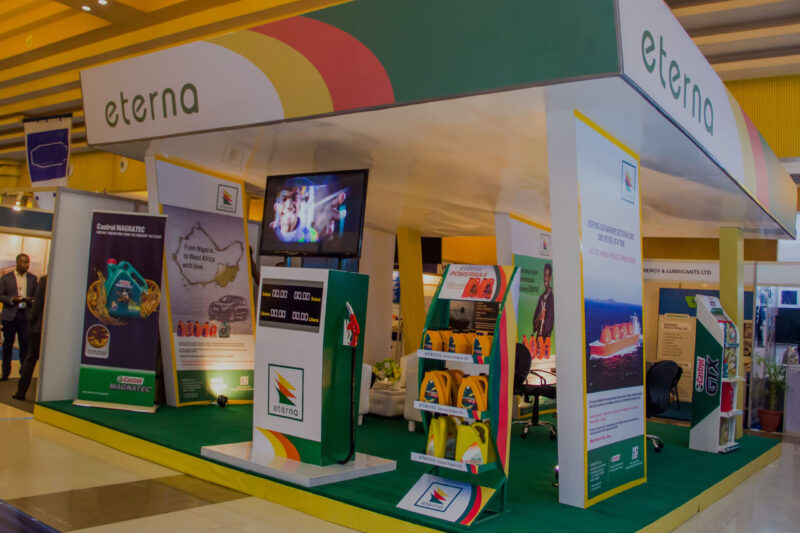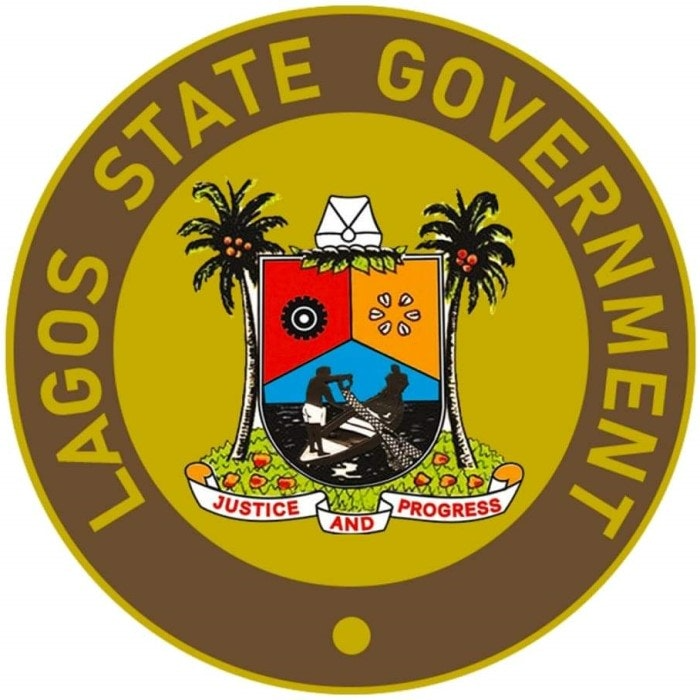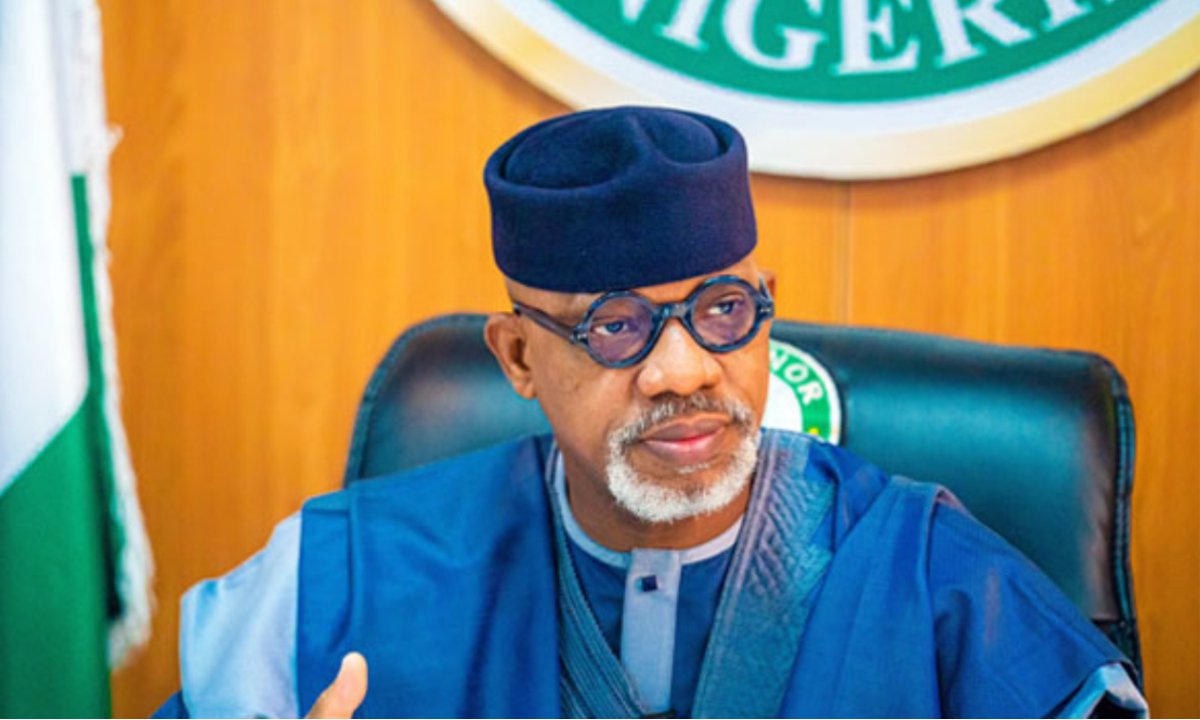Aliko Dangote unveils plans to double refinery capacity to 1.4m bpd with Middle Eastern funding, setting sights on the world’s largest refining complex
Dangote refinery expansion plans are underway, with Africa’s richest man, Aliko Dangote, revealing moves to scale up production from 650,000 barrels per day (bpd) to an unprecedented 1.4 million bpd, which would make it the largest refinery in the world.
Also read: Dangote Refinery dispute disrupts Nigeria’s oil supply
Dangote disclosed the ambitious plan during an interview with S&P Global, confirming that talks are ongoing with Middle Eastern investors to fund the next phase of growth.
The project, located in Lekki, Lagos State, has already transformed Nigeria into a net exporter of diesel and jet fuel, with gasoline output expected to rise significantly once full operations resume.
“We have to build the refinery again, either here or somewhere else. But really, somewhere else is not possible because we’d have to go and spend so much building infrastructure, and we have the infrastructure already here,” Dangote said.
According to S&P Global, the refinery was initially expected to expand to 700,000 bpd by December 2025, but the new target — 1.4 million bpd — would surpass the 1.36 million bpd Jamnagar Refinery in India, currently the world’s largest.
Engineers at the site confirmed that the refinery was designed with expansion in mind, with space available for a second refining system.
One engineer explained that the next stage could include a vacuum distillation unit to improve fuel yield efficiency.
Beyond refining, Dangote said his group is exploring new petrochemical projects, including linear alkylbenzene and base oil production, while planning to boost polypropylene capacity from 1 million to 1.5 million metric tonnes annually.
While the International Energy Agency (IEA) forecasts a global refining surplus of 11.4 million bpd by 2030, Dangote dismissed dependency models that leave Africa reliant on imported fuel.
“Most African governments will not have the capacity to build a refinery,” he warned. “Smaller projects like Angola’s Cabinda plant are just a drop in the ocean.”
The refinery’s residue fluid catalytic cracker (RFCC) unit, which went offline in September after a maintenance turnaround, has reportedly resumed operations and will undergo another month-long shutdown soon for further optimisation.
Dangote Vice President of Refinery Operations, Devakumar Edwin, said the RFCC restarted on October 7 and will soon reach full capacity.
To support further expansion and new projects in China, Dangote confirmed that the refinery would open up ownership, reducing his stake to around 65–70%, with 5–10% of shares listed on the Nigerian Stock Exchange within the next year.
He also indicated that the Nigerian National Petroleum Company Limited (NNPC) could increase its current 7.2% stake once the next phase of growth is achieved.
“I want to demonstrate what this refinery can do, then we can sit down and talk,” Dangote said confidently.
Also read: Dangote refinery challenges marketers amid petrol hike
The expansion, backed by fresh capital and strategic partnerships, underscores Dangote’s determination to secure Africa’s energy independence and reshape the continent’s refining landscape.


